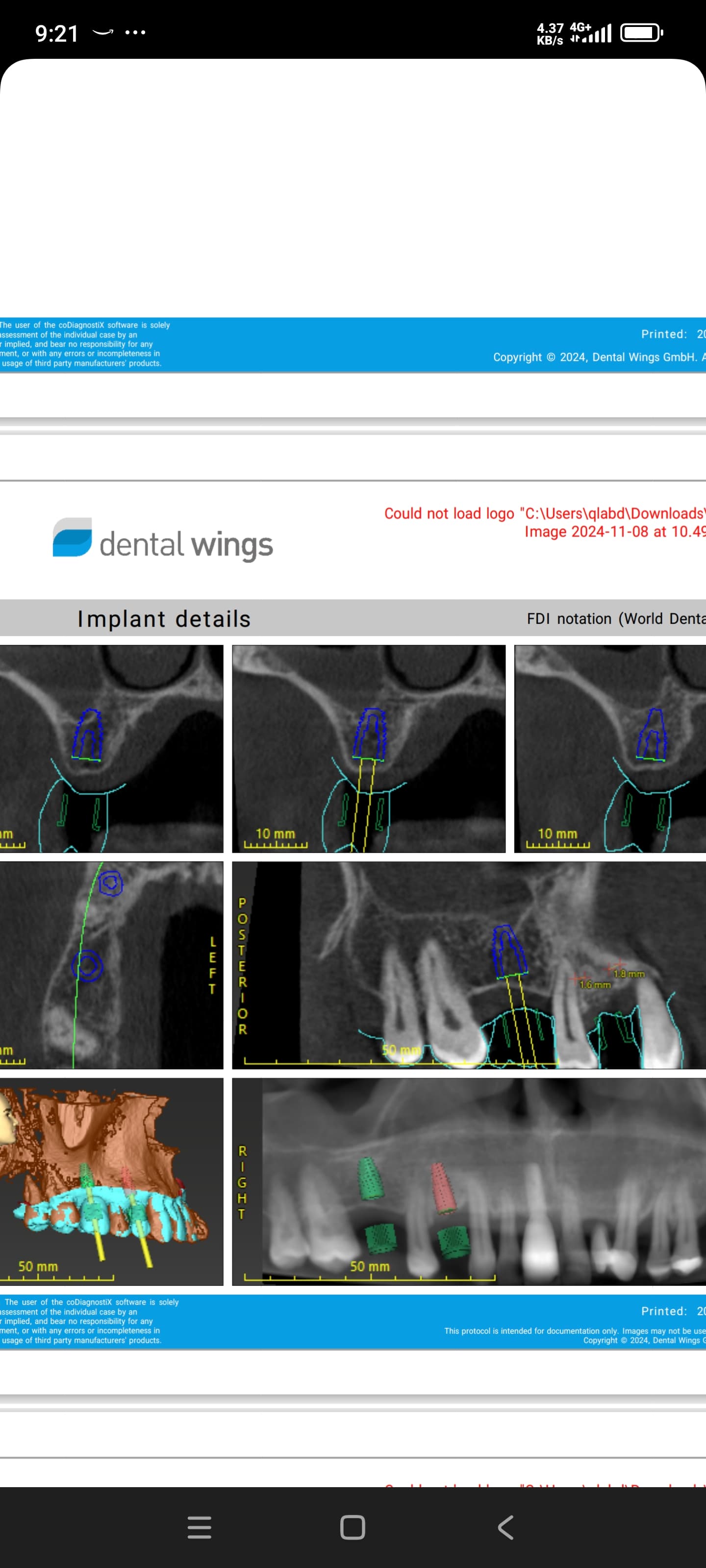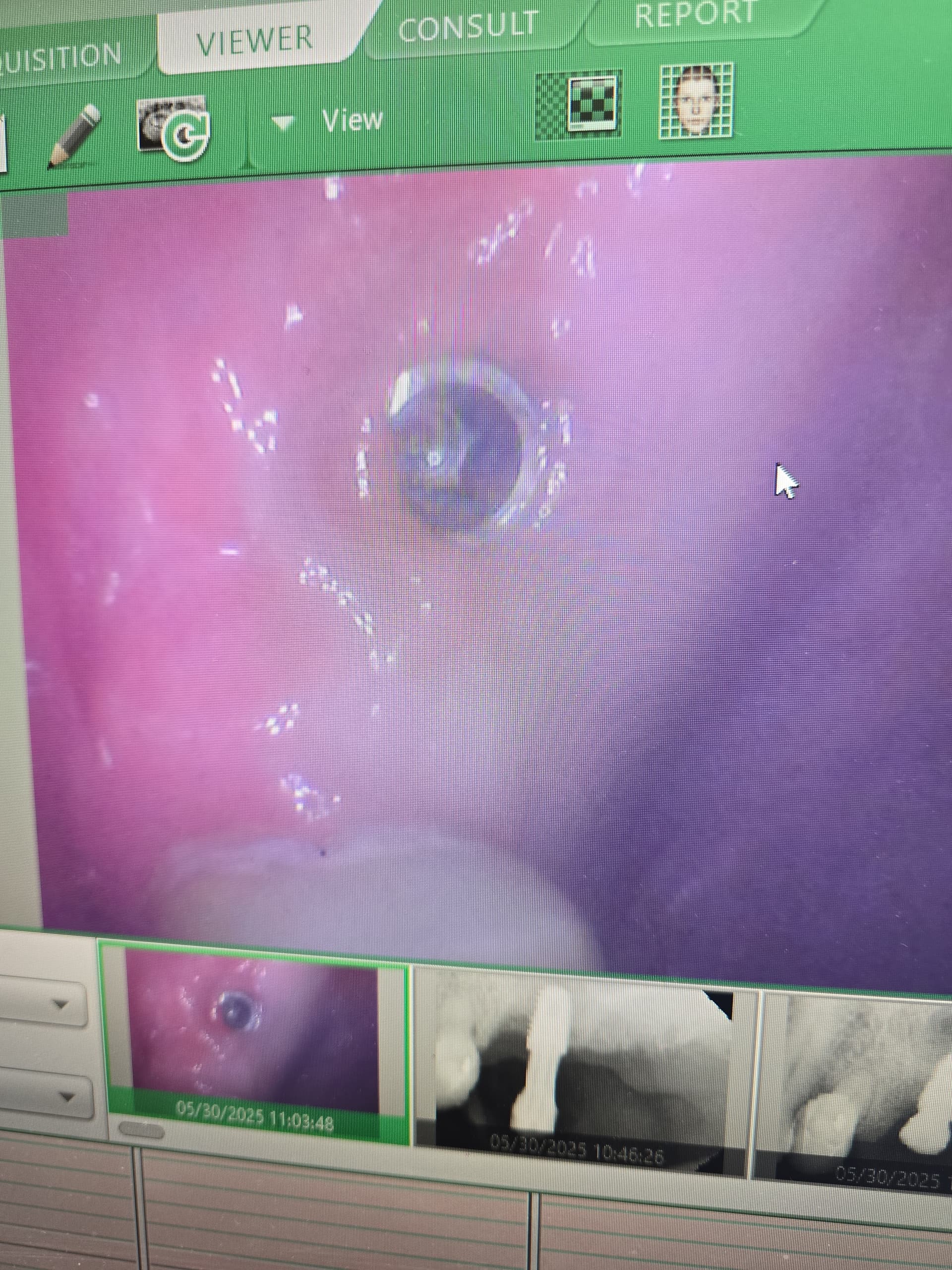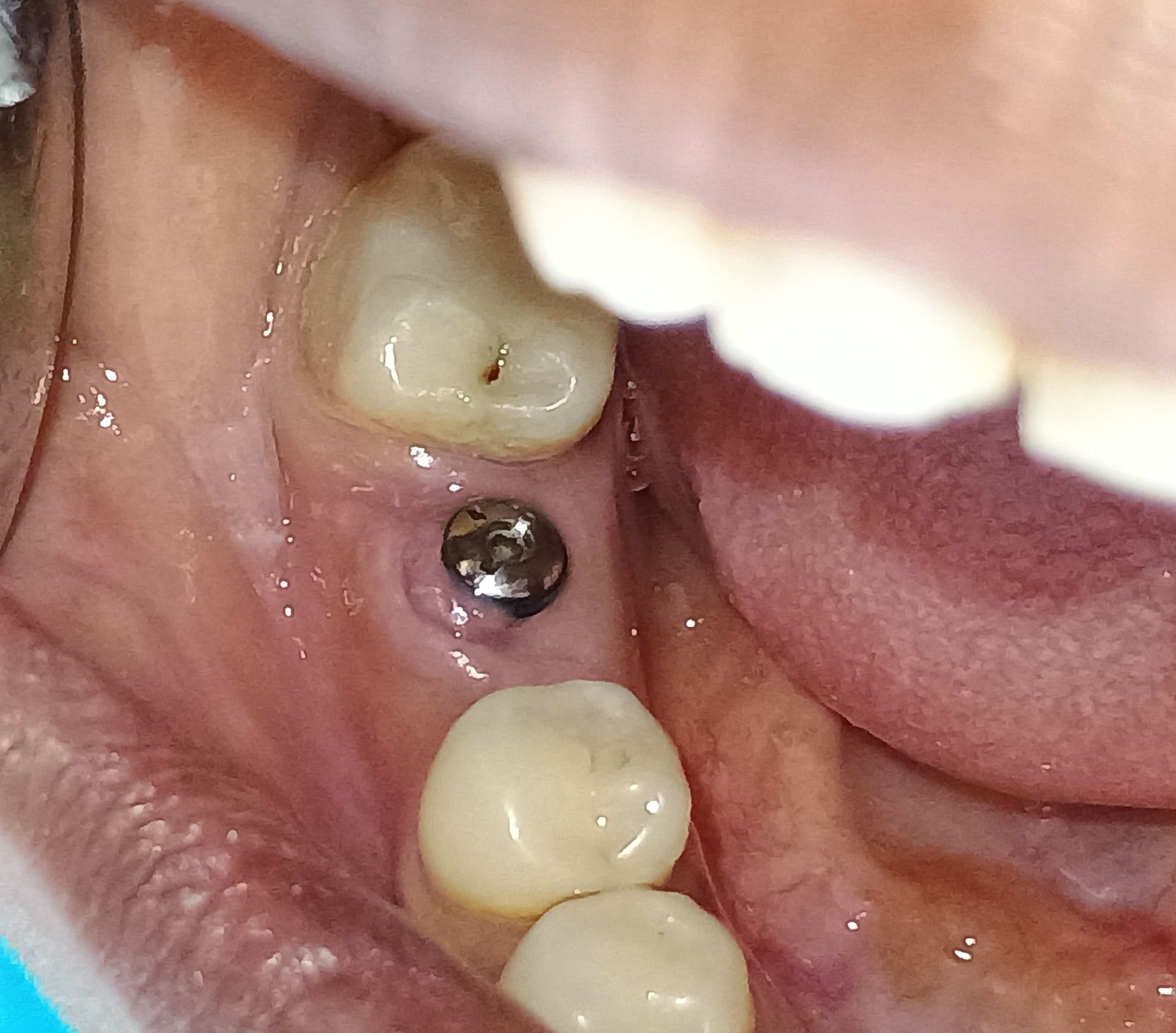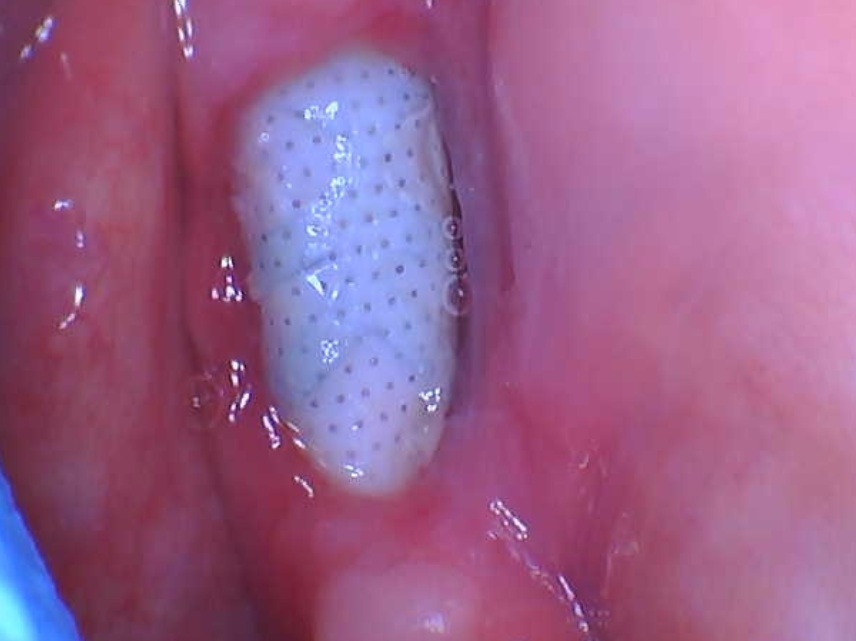Chronic pain after injury to mucous membranes(torquing): treatment?
On May 10 , while torquing the abutment, my dentist trapped some mucuous membranes in the screw. After 3 weeks of terrible pain another dentist diagnosed the problem, the trapped membranes had caused an infection and oral surgery was performed.
Pain continued at the site of the wound for weeks afterwards until another specialist recommended removing the crown, as it was possibly too large and was causing a build up of pressure in the area where tissue was still healing. Removal of the crown brought some relief but a constant ache alternating with numb sensation in my upper right jaw – sometimes changing to a sharp pain starting at the site where surgery had been performed – has been present until today. I am desperate.
A professor who saw me yesterday says the implant looks ok and that if the abutment is removed, the tissue will heal. Does this make sense? The abutment was never comfortable from the beginning. Could the abutment be too large for my jaw? if it is removed, can a thin abutment be inserted after tissue healing? 3 months pain is pretty bad and the dentist who did the torquing that caused the ingflammation to this day says i am making a mountain out of a molehill. Help! Thank you Cathy














